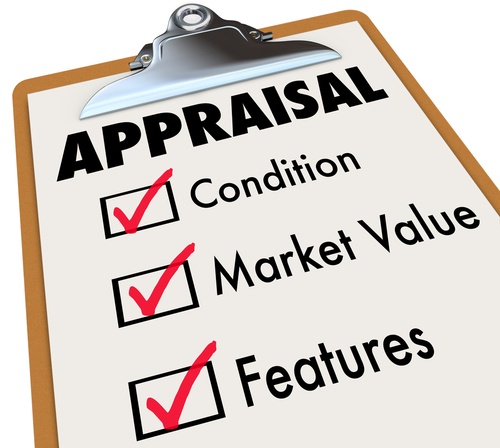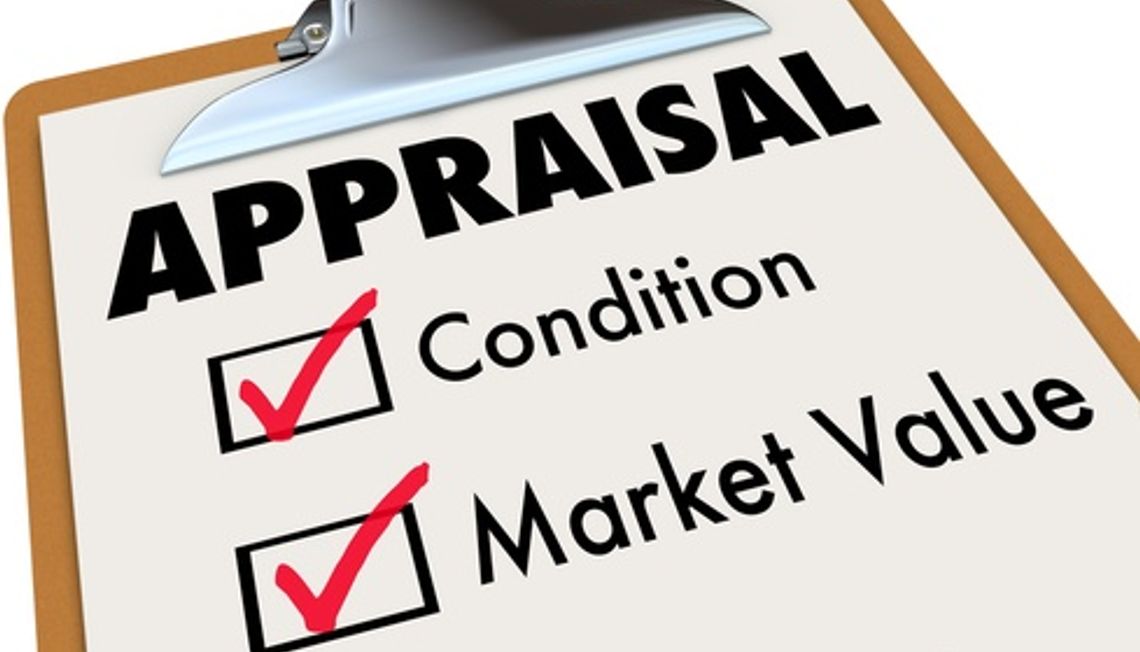 When you’re buying or selling a home, getting an appraisal will be part of the closing process. A professional appraiser will inspect the home to determine its fair market value. This will establish how much money a lender is willing to loan for the home. When the appraisal is lower than the offer that was made, the buyer will be responsible for coming up with the difference. Here are some of the most common reasons for a low appraisal and what you can do about it.
When you’re buying or selling a home, getting an appraisal will be part of the closing process. A professional appraiser will inspect the home to determine its fair market value. This will establish how much money a lender is willing to loan for the home. When the appraisal is lower than the offer that was made, the buyer will be responsible for coming up with the difference. Here are some of the most common reasons for a low appraisal and what you can do about it.
Competitive market
If you’re buying or selling in a competitive market, then there may be multiple offers on a home. This can drive up the sales price, especially if there is a bidding war. However, appraisals rely on data from recent sales, which may not reflect current sales prices in your market.
Slow market
Another common reason for a low appraisal is a slow market, or buyer’s market. Sellers may overprice their homes because they don’t know that the value has recently decreased or that there is a shift in the marketplace.
New appraiser
Sometimes an appraisal will come in low because the appraiser in inexperienced. They may not be aware of the nuances in your local market that can affect the price. They might also overlook features that could increase the value, such as recent upgrades or luxury amenities.
Rushed appraiser
There are only so many appraisers to go around. In a market that is experiencing an uptick in sales activity, this could result in a shortage of appraisers. Those that are working may feel rushed to complete your job, resulting in a low appraisal.
Poor comps
Appraisers look at recent comps in a limited radius to the subject property per the instructions of the lender to help determine the value of the property they are appraising. If they use comps that aren’t good matches, then it can cause the appraisal to come in too low.
The home looks dirty
While the bones of your home may be comparable to those in your area, the appraisal can still take a hit if the home is dirty or unkempt. An appraiser assesses the condition of both the interior and the exterior of the home. If your home appears dirty or the landscaping is overgrown, you could receive a low appraisal.
Overestimate value of basement
While finished basements can be great selling points, they do not have the same value as the portion of the home that is above ground. If a seller overestimates the worth of the basement, then the appraisal could come in low.
What to do with a low appraisal
While receiving a low appraisal can certainly take the wind out of your sails, it doesn’t mean the deal is officially dead. Here are four options for dealing with a low appraisal:
- Appeal the appraisal – You have the option of appealing the low appraisal, but it will require an all-hands-on-deck approach to find the errors in the report and to collect evidence to support a higher appraisal.
- Order another appraisal – You can also order a second appraisal on the home, but you will be footing the bill for it.
- Negotiate – In this case, both the buyer and seller look for ways to compromise to save the deal, whether it’s reducing the asking price or splitting the difference.
- Find another home – Sometimes, the best course of action is to walk away from the deal. Be sure to have an appraisal contingency in your contract so that you can get your earnest money deposit




